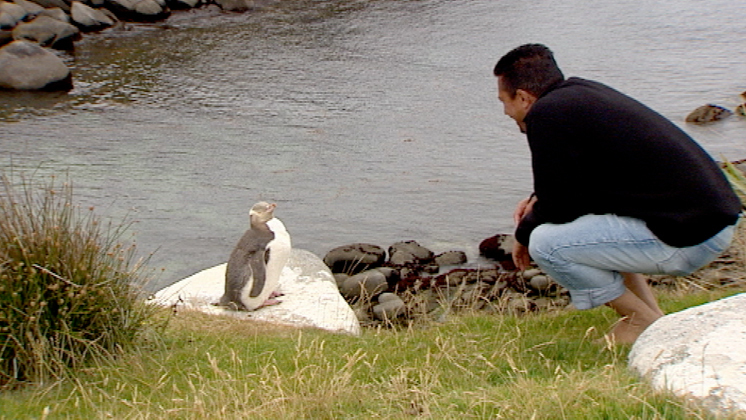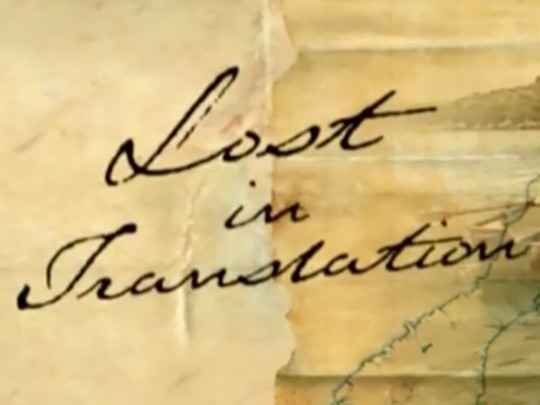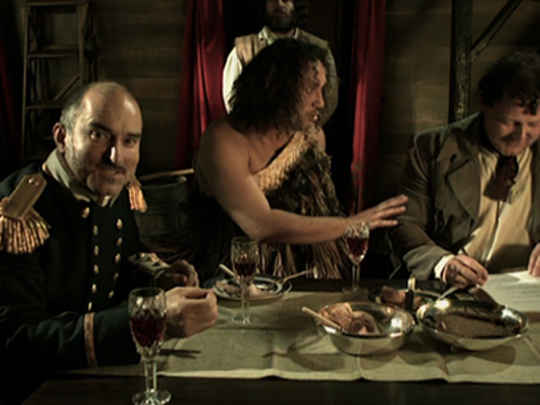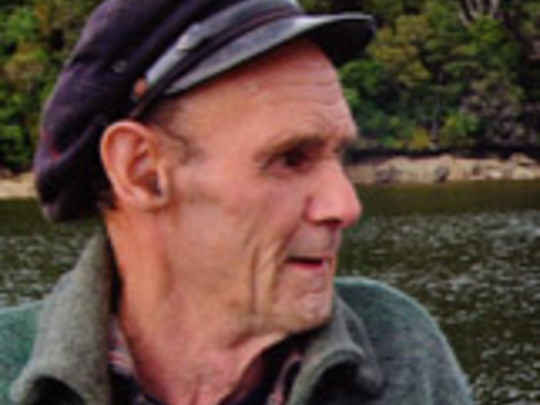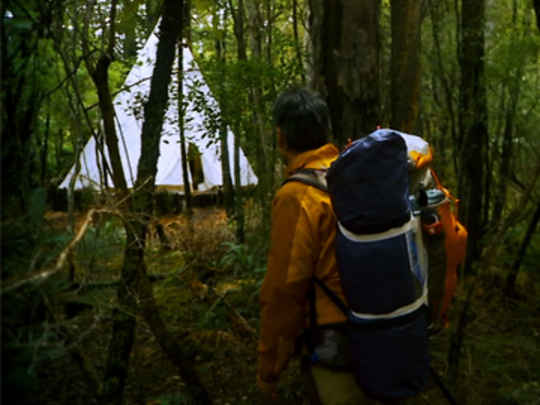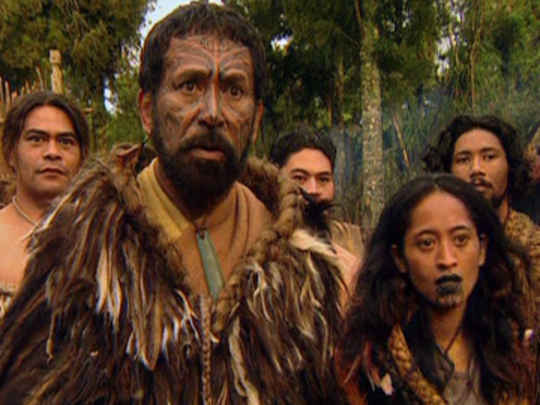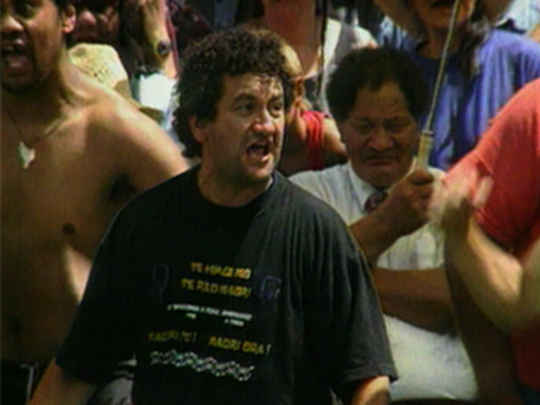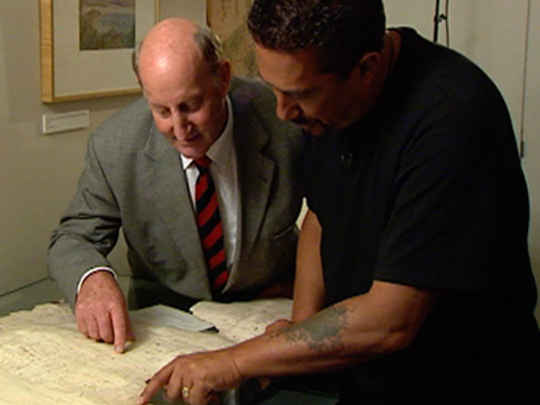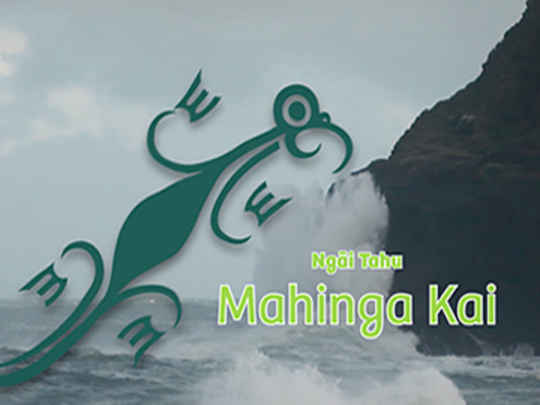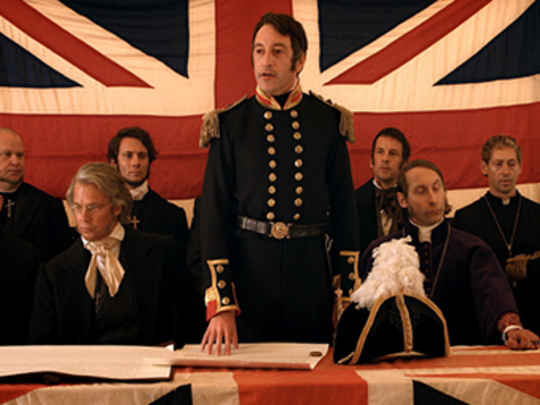...if it's interpreted right, it’s a bloody good thing. It’s our only founding document, which a lot of people don’t agree with...but there’s no New Zealand without it, none at all.
– Rob Bunt, a descendant of treaty signee Joseph Thoms, on the treaty, near the end of this episode
Māori wouldn't have tolerated anything else, than being asked to allow
a British intrusion. The British had no forces — they couldn’t have forced it, and had they done so there would’ve been war.
– Treaty expert Claudia Orange on the treaty, at the end of this episode
Under the guidance of a chap called Johnny Jones, who was a bit of an entrepreneur locally ... he took them over there, half a dozen of the chiefs, and convinced them to sell the South Island.
– Tahu Potiki speaks of some dealing by his tūpuna (ancestors) Hone Karetai and Te Mātenga Taiaroa
[Thomas] Bunbury and Williams were just told 'get on the boat, get signatures'. And they sailed to various parts of the country, and a lot of those places didn't have ports at all; it was just a bay. You put down your boat, you row to shore, and you hope to find someone. And it was as random as that in a lot of cases. They’d go to a place where they think people might be, and they’d nail up a notice on a tree saying 'come here tomorrow to discuss a treaty', not realising that probably no one in the area could read.
– Professor Paul Moon on the haphazard way treaty signatures were collected, early in this episode
...He had the vision to look after his people, which we are so grateful for.
– Anna Brown describes her tūpuna (ancestor), Ngāi Tahu chief Hone Tūhawaiki
[Thomas] Bunbury remembered [William] Hobson's instructions, and quickly set about claiming sovereignty over the entire South Island. He did that by raising a Union Jack on Horahora Kākahu — that little island out there in the distance.
– Presenter Mike King describes the events of 18 June 1840, near the end of this episode
[Bunbury] returned to the Bay of Islands, his mission to secure sovereignty over the South Island accomplished. In just over two months, Major Thomas Bunbury had sailed thousands of kilometres, through stormy seas, for a mere 27 signatures.
– Presenter Mike King on the work of Major Thomas Bunbury, near the end of this episode
This is our key founding document, so one would have thought they would have taken much greater care of it. But they didn't.
– Treaty of Waitangi expert Claudia Orange on the condition of the treaty, at the end of this episode
In 1840 this place was home to a multinational trading business run by Tūhawaiki, a shrewd trader who'd just returned from Sydney where he'd sold the whole of the South Island to Australians Wentworth and Jones. Tūhawaiki signed the treaty without hesitation, believing it would help him secure his land and trading interests, by giving him the protection of the crown.
– Mike King arrives at Ruapuke Island — Hone Tūhawaiki's former base, now owned by descendants of Māori who once lived there
By now [Thomas] Bunbury was beginning to realise that South Island Māori were not the wild savages that Hobson warned him about — but instead savvy entrepreneurs who were very familiar with Pākehā ways.
– Mike King on Major Thomas Bunbury's discoveries in the South Island
In these major transactions it is apparent that neither party regarded the deeds as representing a real transfer of land. Few deeds were translated into Māori, boundaries were stated in the most cursory fashion, plans were seldom drawn, blocks often overlapped or were repeatedly sold, and the purchasers had few illusions about the legality of the titles and often promptly subdivided their lands for resale.
– Writer Atholl Anderson describes land sales like one involving the entire South Island, in his profile of Hone Tūhawaiki, Te Ara website, originally published in the Dictionary of New Zealand Biography (1990)
